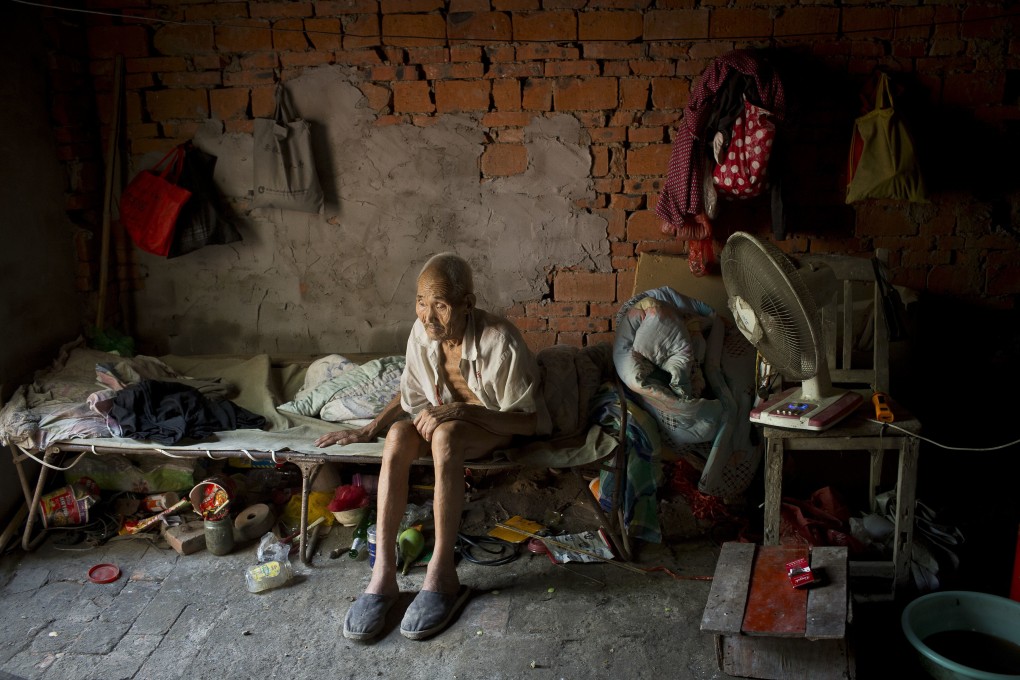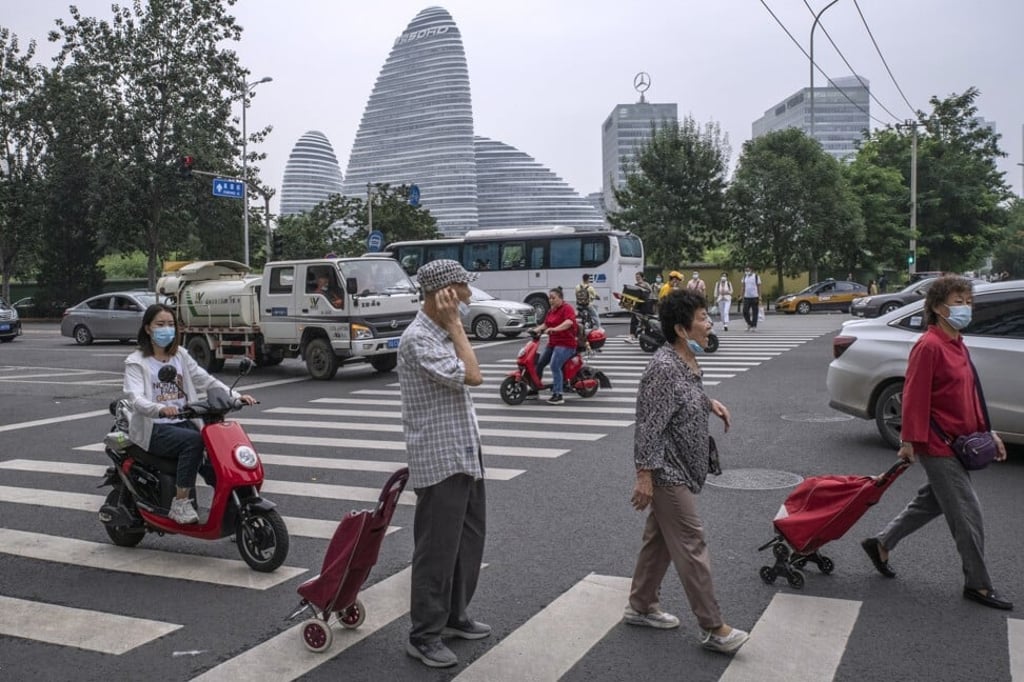Advertisement
China census: analysis shows 149 cities are now in the ‘deep ageing’ population category in a troubling sign for future economic growth
- New analysis of China’s population census data reveals rapidly ageing cities across the country
- The economic implications could be dire as the ageing population puts more pressure on the workforce and economic growth
Reading Time:2 minutes
Why you can trust SCMP
1

China’s ageing population problem continues to cause concern, with new census figures revealing 14 per cent of the population in 149 cities are aged 65 and over.
This month state media outlet China Business News released data it had compiled from the recent census which revealed what is referred to as “deep ageing” where the proportion of the population aged over 65 exceeds 14 per cent.
An ageing society is where more than seven per cent are aged 65 and over, when the figure reaches 20 per cent the term changes to super ageing.
Advertisement
The cities ageing the fastest were found in the northeast, the Yangtze River and in the southwestern region in cities like Chongqing and Chengdu.

Advertisement
There were 22 provinces with deeply ageing cities with Sichuan having the most at 17 per cent.
Advertisement
Select Voice
Select Speed
1.00x